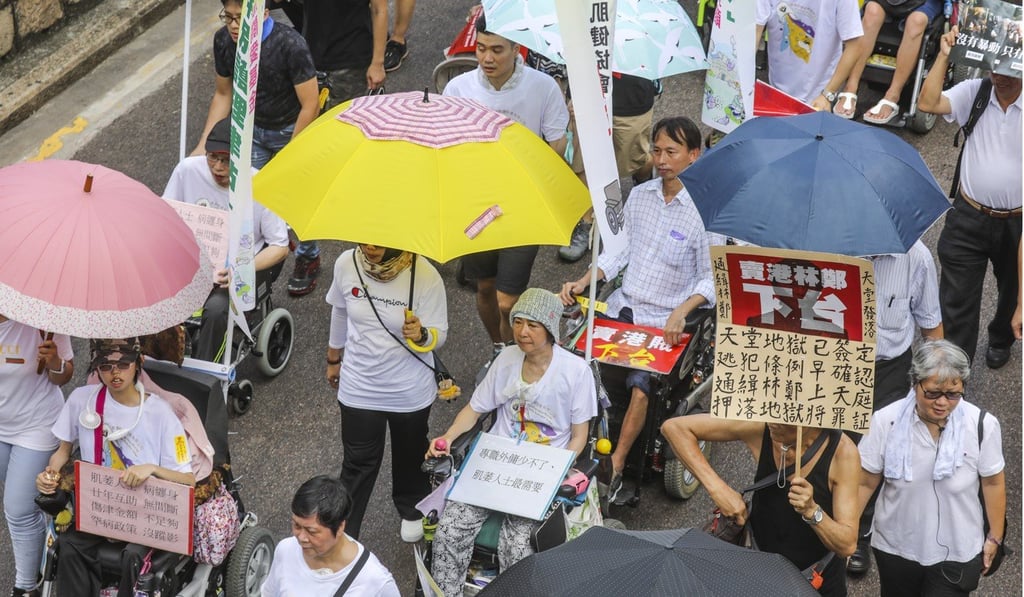On Reflection | Could psychology have helped Carrie Lam avoid Hong Kong’s extradition bill fiasco?
- From confirmation bias to risk aversion, behavioural science principles shed light on Hongkongers’ reactions to the controversial extradition law
- A better understanding of cognitive psychology could have helped the Hong Kong government

The last decade has seen an explosion of popular interest in what may be called the “behavioural sciences”, especially cognitive psychology, social psychology, and behavioural economics. Perhaps the main insight of these related disciplines is that far from being the supremely rational, self-disciplined, and interest-maximising and calculating agents that we find in standard economics, people are subject to a variety of cognitive biases and complications. Our rationality, self-control and self-interest are limited in ways that have implications for the way governments design their policies, implement their programmes, and understand decision-making.

An understanding of the behavioural sciences is critical to good policymaking and sound decision-making. Public officials operating in an environment of greater uncertainty and increasing contestation of values would do well to be familiar with the key insights of the behavioural sciences.
These include the importance of framing effects, choice architecture (or how choices are designed and presented), loss aversion (which predicts that people care much more about avoiding losses than they do about pursuing gains), prospect theory (a theory of how people assign subjective probabilities to losses and gains), and our preference for the status quo.
Indeed, it is quite possible that a better understanding of the behavioural sciences by the Hong Kong government could have prevented the fiasco that was the Fugitive Offenders and Mutual Legal Assistance in Criminal Matters Legislation (Amendment) Bill, to give the unpopular bill its official name.
BOUNDED RATIONALITY, CONFIRMATION BIAS
